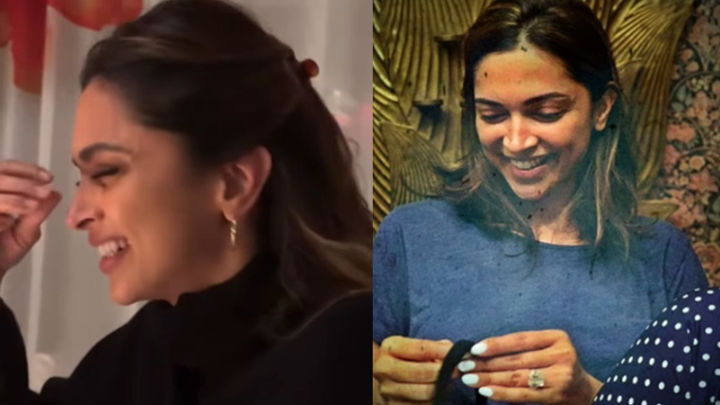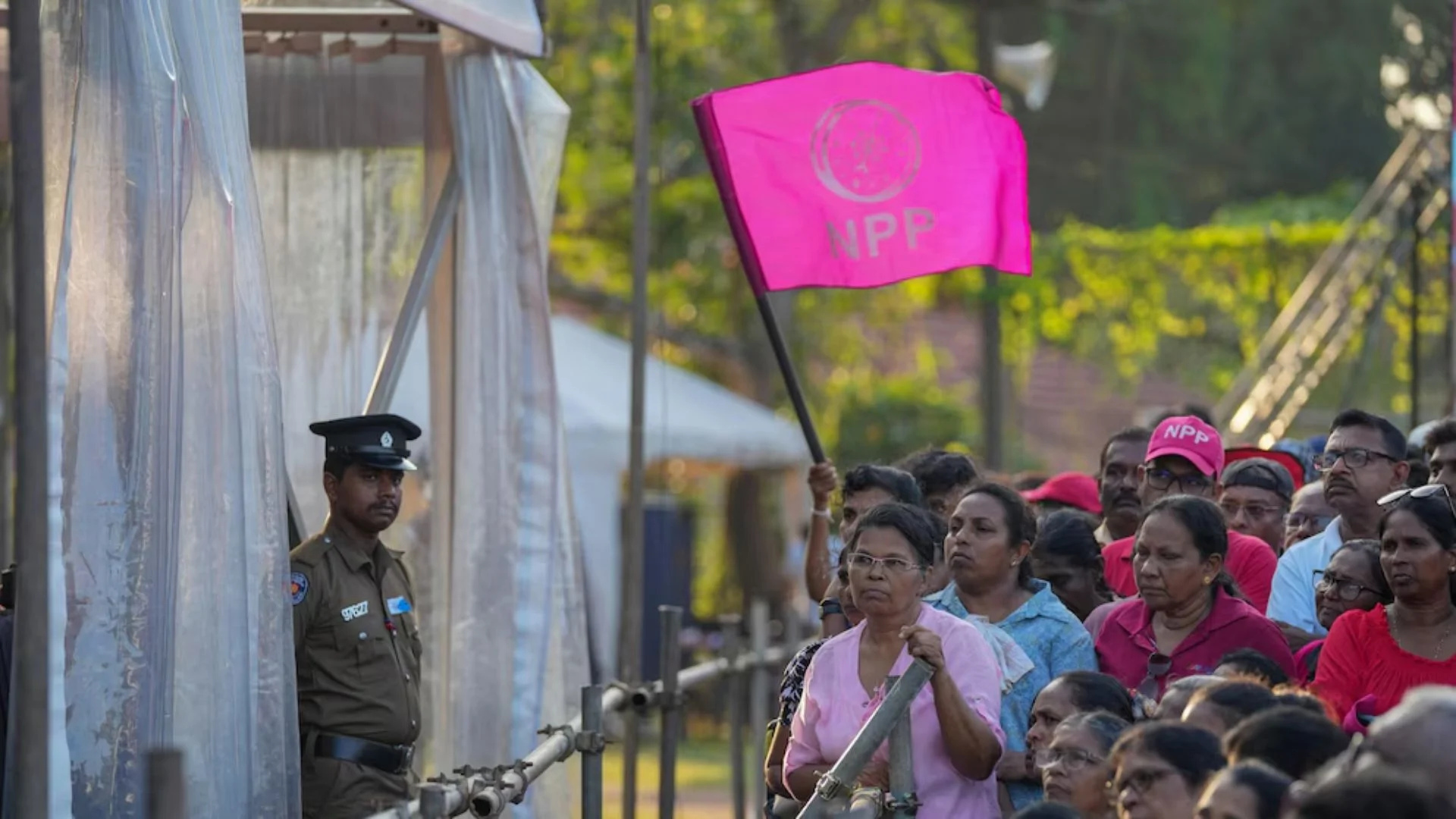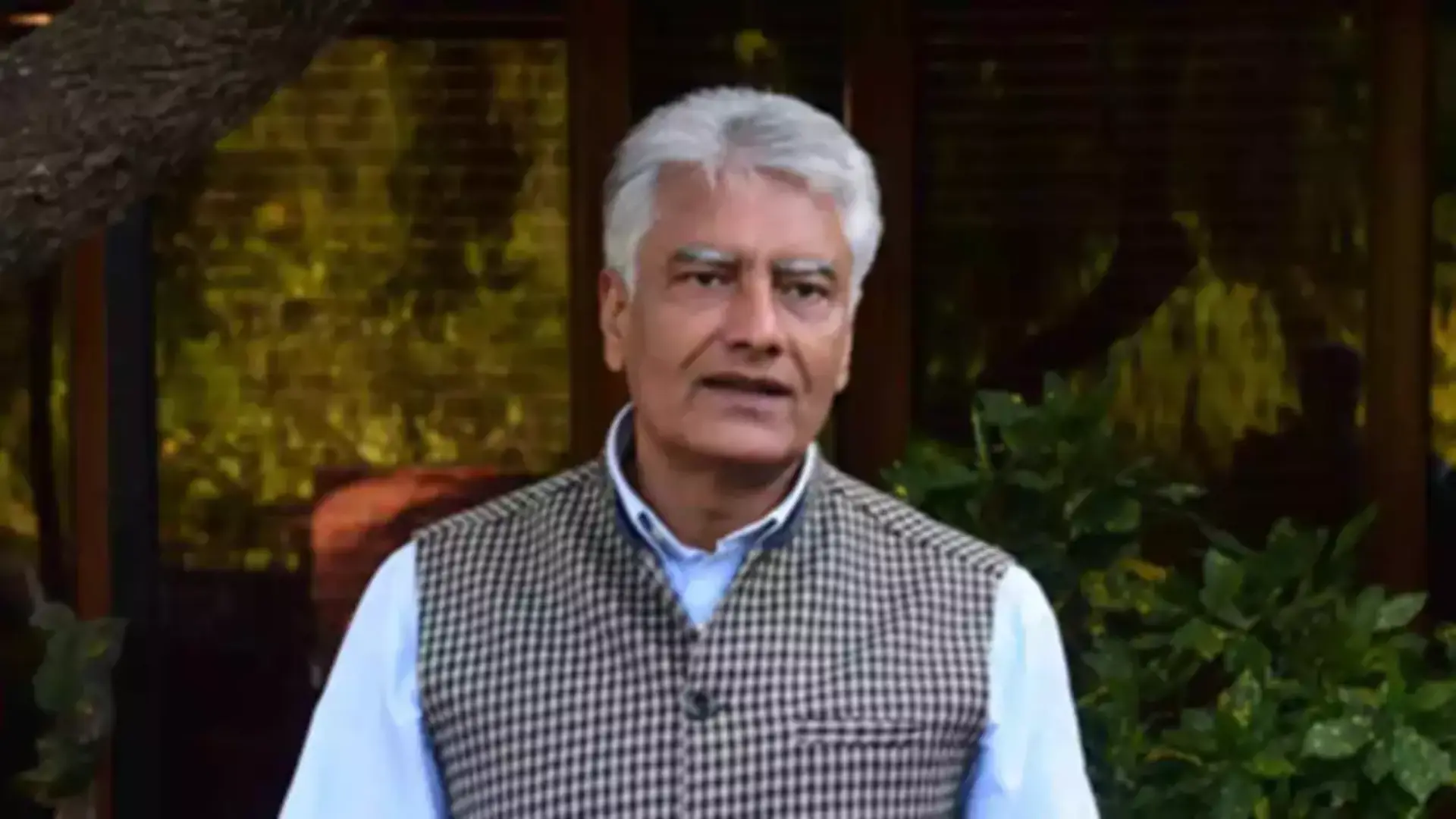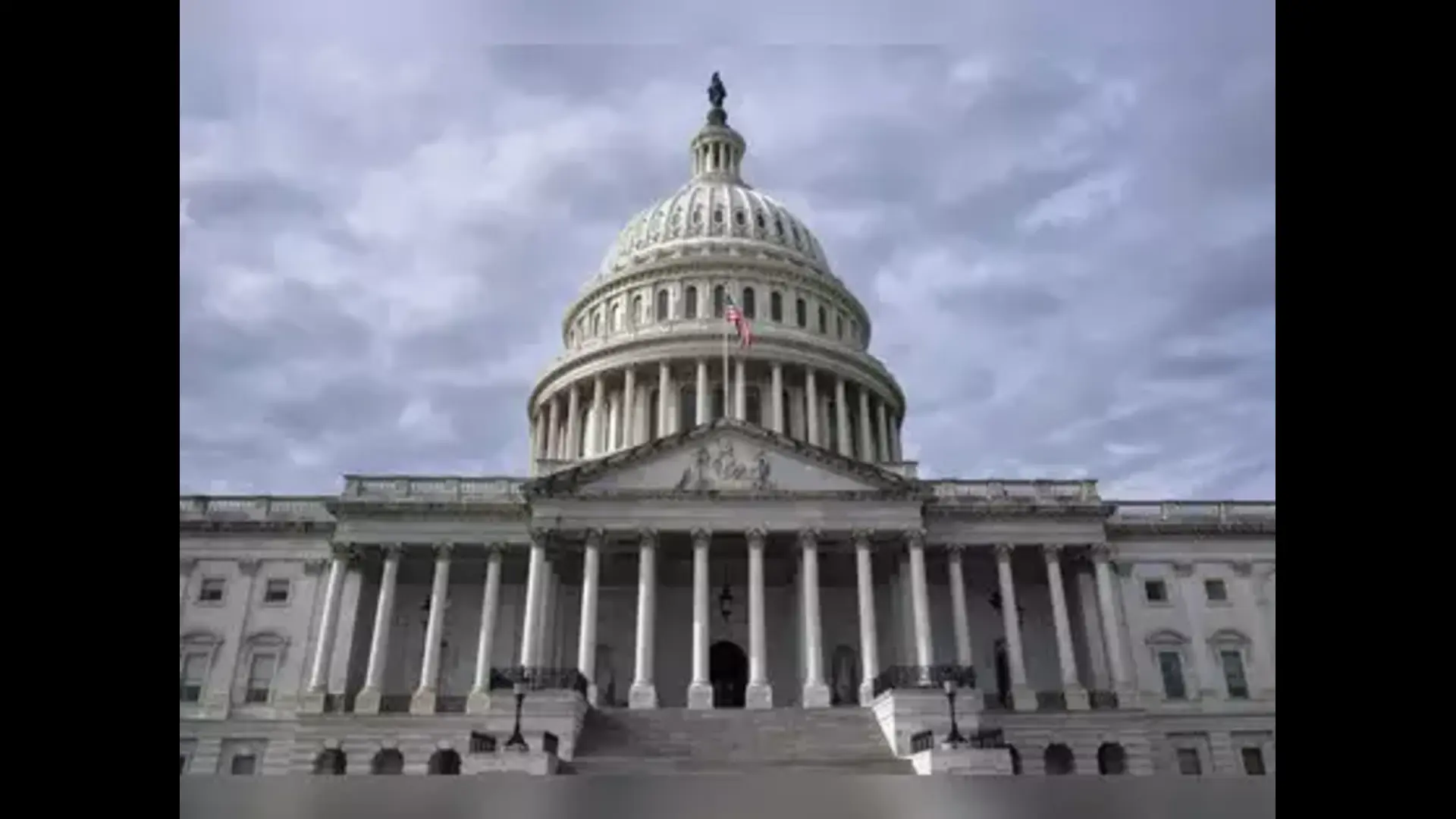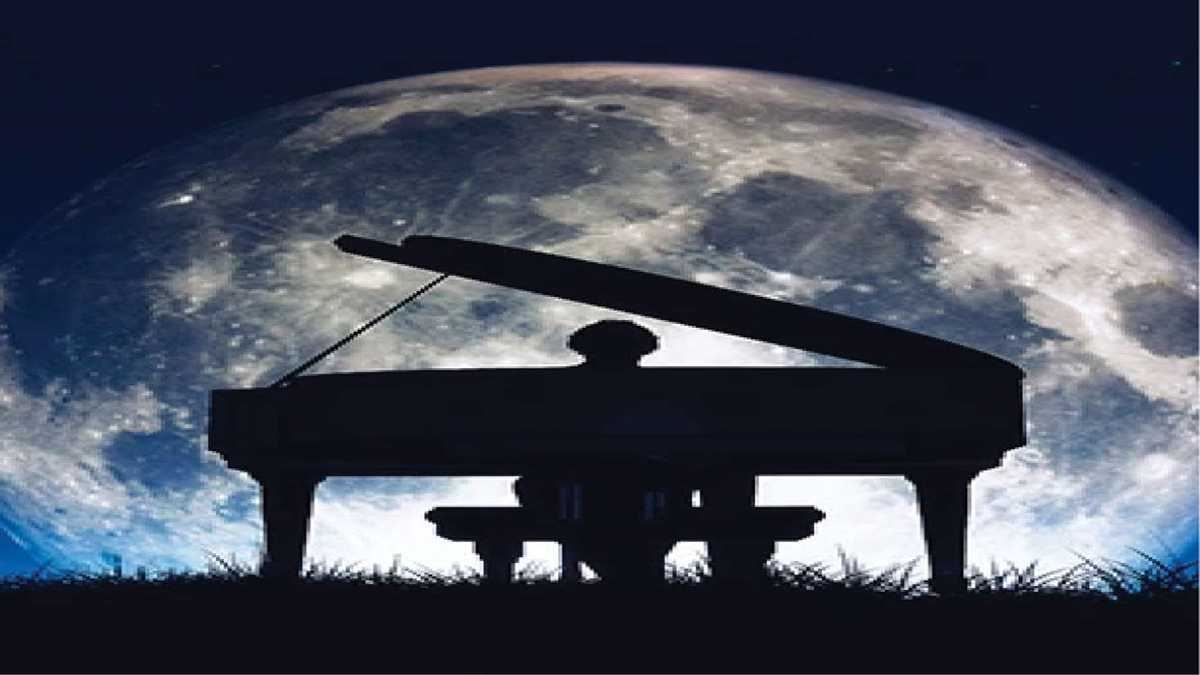
I had an interesting session today with a student of music. This session was one that had to combine therapy with music, since the student in question had approached me with a specific purpose. She wanted to see how learning and engaging in classical music could help her through some life challenges she was facing. The first five or six sessions with her, over the past few weeks, were simply about trying to understand her life and difficulties. Through these sessions, I had taken her through some breathing and singing exercises that involved stabilizing her voice, breath and mind. I had also begun doing some music exercises with her. In today’s session, I began by asking her how she was feeling. This was just a general question I had posed, since I did not expect our sessions to have started influencing her mental state just yet. But what she said took me by pleasant surprise.
She said that she was already feeling very deeply helped because she felt ‘safe’ in the presence of music. She felt like she was in the presence of something pristine and beautiful, and that that itself was immensely healing. She had, in addition, been listening to links to my classical music concerts, and said that the sound of classical music made her feel safe and happy already. I responded by saying that I had not even begun doing the meatier stuff with her, and that this may actually be a placebo. She said with gratitude and conviction that, as a scientist herself, she was sure that what she felt was genuine and real. This was one of the most gratifying moments for me.
I have been advocating, for a while now, the use of classical music to develop mindfulness and awareness, and harness its immensely healing attributes. But I did not expect that I would see such profound effects even before beginning work that I thought was substantial enough to start helping someone. Today’s session made me realize that classical music, when served with compassion and kindness to the learner, has an almost instant healing impact. Music intrinsically has the ability to disarm and make people engage. If we can couple that with an environment that is understanding, forgiving and loving, we can create the perfect setting for emotional healing and catharsis. The learner can become aware, still and totally committed to the present.
Another attribute of classical music which can help us connect emotionally to the learner are Raagas. Due to their versatile mood content and emotive powers, Raagas can give us the ability to connect with the learner’s mood and bring them out of his or her shell. This may have happened in my session with the lady today. As I embarked on teaching her a ‘bandish’ in Sarang, a bright and soothing afternoon Raaga, she felt energized, happy and peaceful, a state far removed from the worries and concerns that had been plaguing her.
I have observed many a time that there is often a dearth of compassion and love in the way music is taught. Musical teaching sometimes lacks the handholding approach that a learner really needs. The reason this is the case is because, so far, classical music has been reserved for the few who are ‘deserving’, musically ‘gifted’ ones. My argument is that if music is meant to soothe and heal the spirit and is indeed a conduit to the divine, why should only some partake of this privilege? People may derive immense pleasure from listening to music. But they derive even more validation and pleasure when they can be taught to produce music, even if it is not perfect. It is beautiful and healing because it bears the student’s unique signature and comes straight from his or her soul. There is a reason we use the phrase ‘singing one’s heart out’.
Today’s session with my student taught me to have conviction in my belief that classical music has to break barriers and reach every soul. Because it is the birthright of every soul on this planet to have access to happiness and healing. It is right of every human being to ask for tools to be happy, and it is the duty of every classical musician to share the healing power of music with those who seek it. Classical music is not a property to be kept or preserved. It is a life force that needs to set free for people to thrive in.
So why should we wait any longer? Let us find our own safe space in music and allow others to find it too. A space to experience timelessness and bliss.




